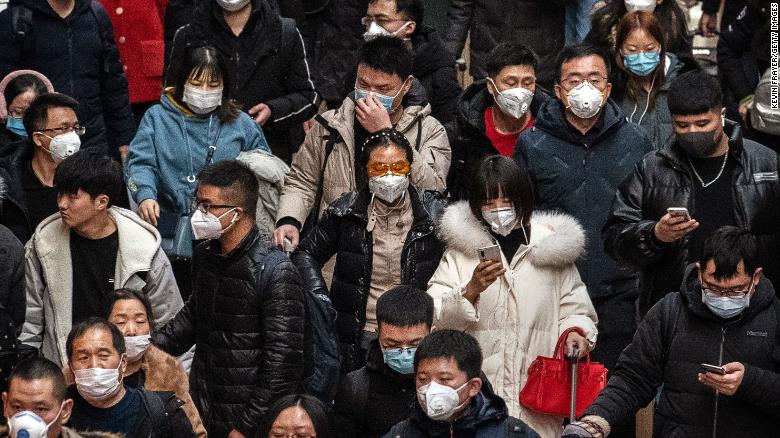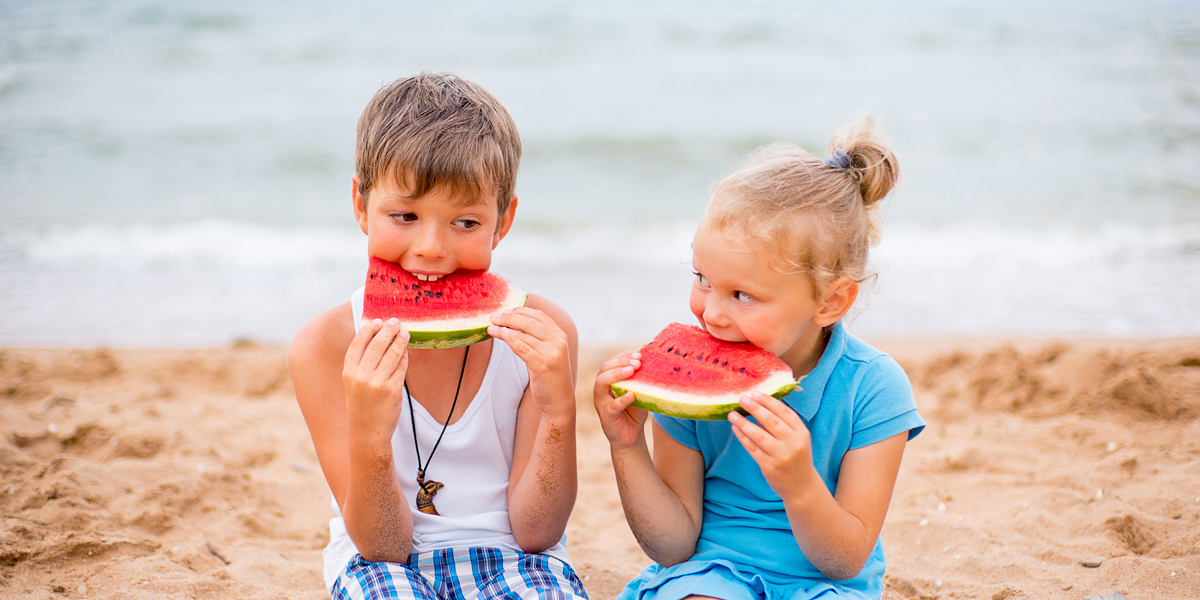
When you live your life on the internet, it can feel like the novel coronavirus has brought the planet to a screeching halt. Coachella is canceled. E3 is canceled. South By Southwest is canceled. Basketball is canceled. School semesters are canceled. Everything is canceled.
It’s not just the big stuff: colleges and universities are canceling spring fairs, senior formals, commencements, and more. Even the cancellation of smaller events can cause huge anguish. I’ve kept up with friends on the college debating circuit, and for them, the biggest news of last night wasn’t the NBA getting canceled or the new travel restrictions. It was the fact that the American Parliamentary Debate Association voted to cancel the remainder of its season. The standings were frozen, the winners quietly crowned. The ten-plus-year careers of college debaters across the country ended with just a few clicks of a Google form. “I can’t stop crying,” one senior told me, “but I also feel so damn selfish to be sad.”
In the days leading up to the vote, a number of debaters argued that maybe there was another way — maybe tournaments could be small, maybe they could be filled with hand sanitizer, maybe the virus wasn’t quite bad enough. Some responses were scientific and reasoned, and others were hostile. How could you ever think something as small as debate is more important than stopping a global pandemic? the opposition typed and memed. How could you care about college debate when people are dying?
It reminded me of the way I’ve seen Twitter users mocking people who are disappointed about the cancellation of Coachella. It’s a music festival! People are DYING! It reminded me of the backlash to PCMag analyst Sascha Segan’s public heartbreak over the cancellation of Mobile World Congress — “The world’s exaggerated hysteria regarding the coronavirus is exceeded only by your exaggerated hysteria over the cancellation of MWC 2020,” one Twitter user responded. How can you be sad about phones when people are dying! My friends have been making such comments to each other, and I’ll admit I’ve been guilty of it, too.
WHILE IT’S IMPORTANT TO CANCEL THESE EVENTS, IT’S ALSO IMPORTANT TO ALLOW OURSELVES TO MOURN THEM
Before we go further, holster the pitchforks: these cancellations are obviously good. We need to slow the spread of COVID-19 to keep hospitals and health systems from being overrun. Canceling things now means canceling fewer events later on. Cancel everything. Cancel it all. Barricade us into our apartments and flood our bathrooms with hand sanitizer and sink every cruise ship on the planet. I am radically in favor. But while it’s important to cancel these events, I think it’s also important to allow ourselves (and each other) to mourn them.

Psychotherapist Hilary Jacobs Hendel, in an op-ed for Time last year, wrote that her patients improve when they successfully internalize that their emotions are out of their control. After all, our emotional centers need to spur us to action in the service of survival; our bodies, in fight-or-flight situations, need to act before our rational minds have processed the danger. While COVID-19 is a threat that our rational minds are aware of, most Americans I know still view it in the future tense; until it’s hitting our families and roommates, it may not feel real enough to trigger our primal fears. But the loss of senior formal, while not deadly, is a present-tense harm.
Put another way, I think a lot about the scene in Ladybird where the protagonist is visibly upset when she finds that her boyfriend has lied to her about being a virgin (he’s not, obviously, since he’s portrayed by Timothée Chalamet). “Do you have any, like, awareness of how many civilians we’ve killed since the invasion of Iraq started?” the boyfriend asks. Sure, death and destruction are worse than a boyfriend’s lie. But if such an absurd statement actually made Ladybird feel better (as opposed to mightily pissing her off, which it does), audiences would have laughed the movie out of the room. Because we’ve all been there; we’ve all been Ladybird, crying about relationships while bombs went off somewhere else. Maybe if I told you that your loved one’s death didn’t matter because malaria kills a child every two minutes, you would feel better. If so, you’re lucky — I, like Ladybird, would not.
FEELING BAD ABOUT FEELING BAD JUST MAKES US FEEL WORSE
Does that make us terrible people? Maybe. It’s debatable, but not worth debating, because the answer could not be less important. A UC Berkeley study showed that people who allow negative emotions to run their course report fewer mood-disorder symptoms than those who resist them. In other words, feeling bad about feeling bad just makes us feel worse.
But even if we could make people erase their disappointment, I’m not convinced that we should. The reality is that events like E3 matter. They wouldn’t be big enough to be a public-health risk if they didn’t matter an awful lot to an awful lot of people. And I think it’s important that, even in their canceled state, they continue to matter.
In his 1939 sermon “Learning in War Time,” C.S. Lewis argued that university education should continue despite the existential threats posed by the impending war. “Plausible reasons have never been lacking for putting off all merely cultural activities until some imminent danger has been averted or some crying injustice put right,” Lewis proposed. “But humanity long ago chose to neglect those plausible reasons … they propound mathematical theorems in beleaguered cities, conduct metaphysical arguments in condemned cells, make jokes on scaffold, discuss the latest new poem while advancing to the walls of Quebec, and comb their hair at Thermopylae. This is not panache; it is our nature.”
It was a privilege to love these events — it is a privilege to understand their value and to mourn them in due course. It is profoundly human to care for things other than the preservation of our species. There is so much out there we must feel.
IT WAS A PRIVILEGE TO LOVE THESE EVENTS
Last November, my guinea pig died a few days after a close friend’s mother died, and I cried about my pet and then told myself I was an asshole for crying. I went to see Hamilton to take my mind off things, and I felt like an asshole for that, too. People are dying. But there is no value in pretending we don’t care, about guinea pigs or debate careers or basketball or Sony Xperia phones. There is even less value in trying not to. It is not panache; it is our nature.
Yesterday was the fifth day that New York was, per its governor, in a state of emergency. In the morning I wrote about colleges closing due to COVID-19 and in the afternoon I wrote about laptop fans. In the evening, I took a tram over the East River. Looking out over the city, I saw cars crammed onto the FDR Drive, idling in the rush-hour traffic. I saw clusters of New Yorkers jogging down John Finley Walk. I saw a group of laughing teenagers walk into a nail salon with shopping bags. The woman standing next to me had a scarf wrapped around her mouth and her partner hesitated before kissing her on the forehead. As the poet Andrea Gibson wrote, “we were all born on days when too many people died in terrible ways, but you still have to call it a birthday.” Somehow, we have all identified our reasons for working so hard to stay alive. Let’s forgive each other — and while we’re at it, ourselves.



